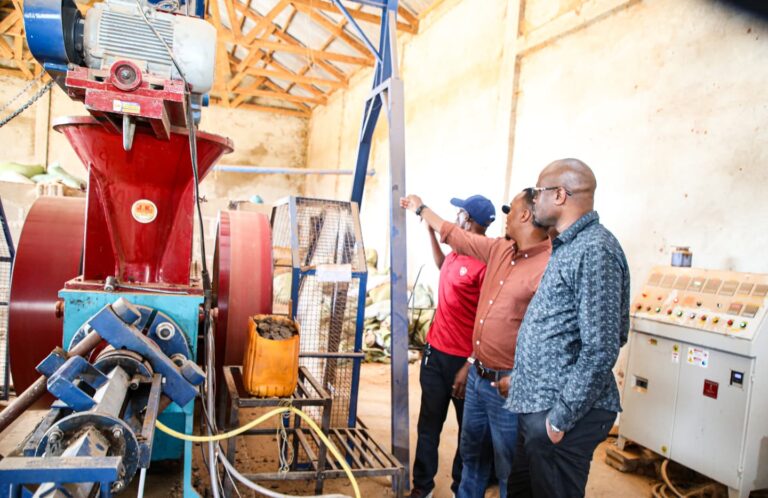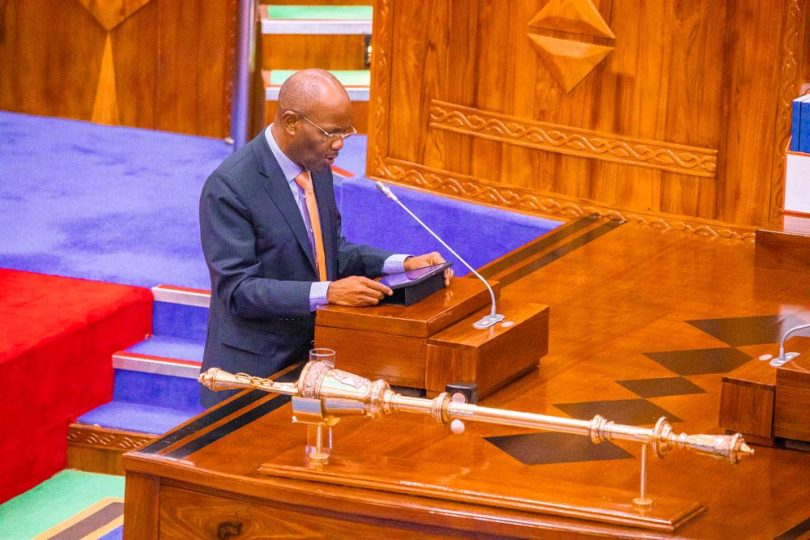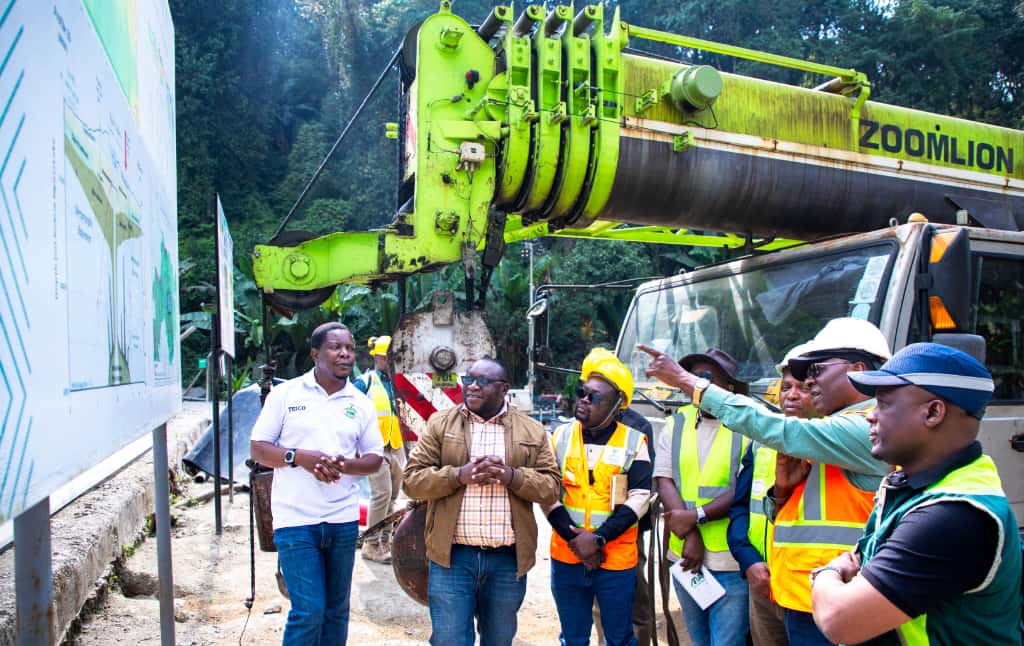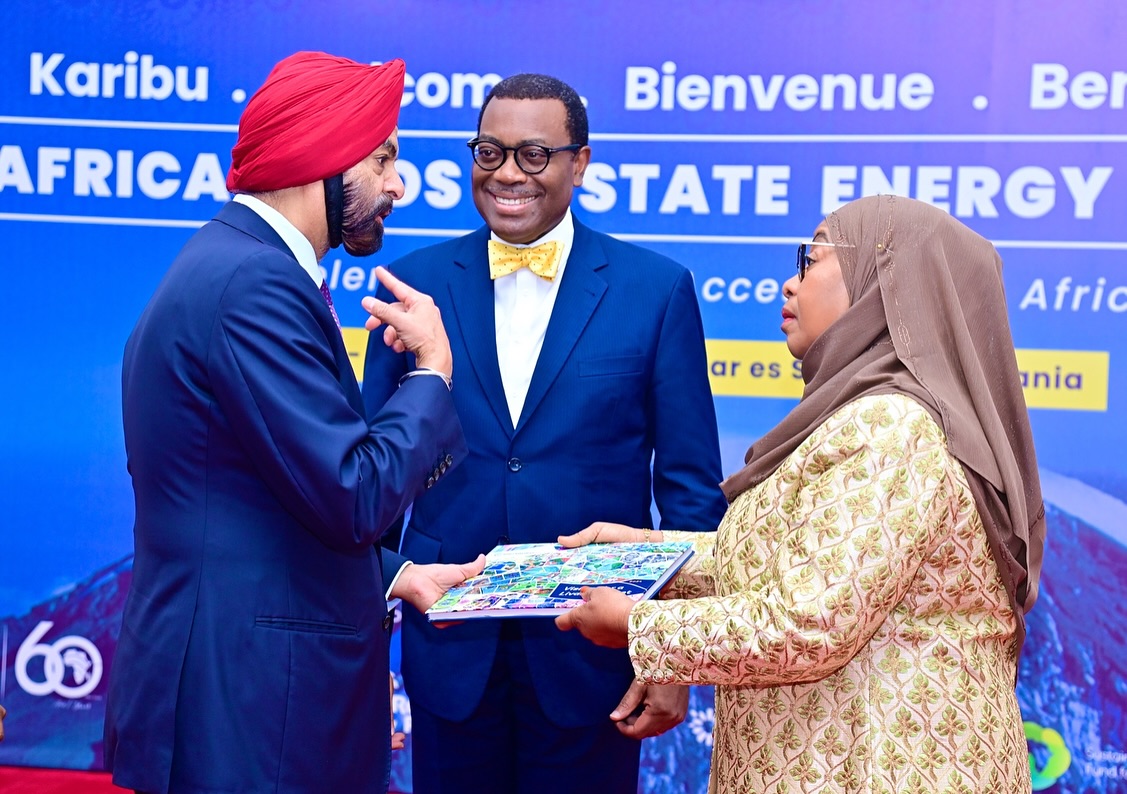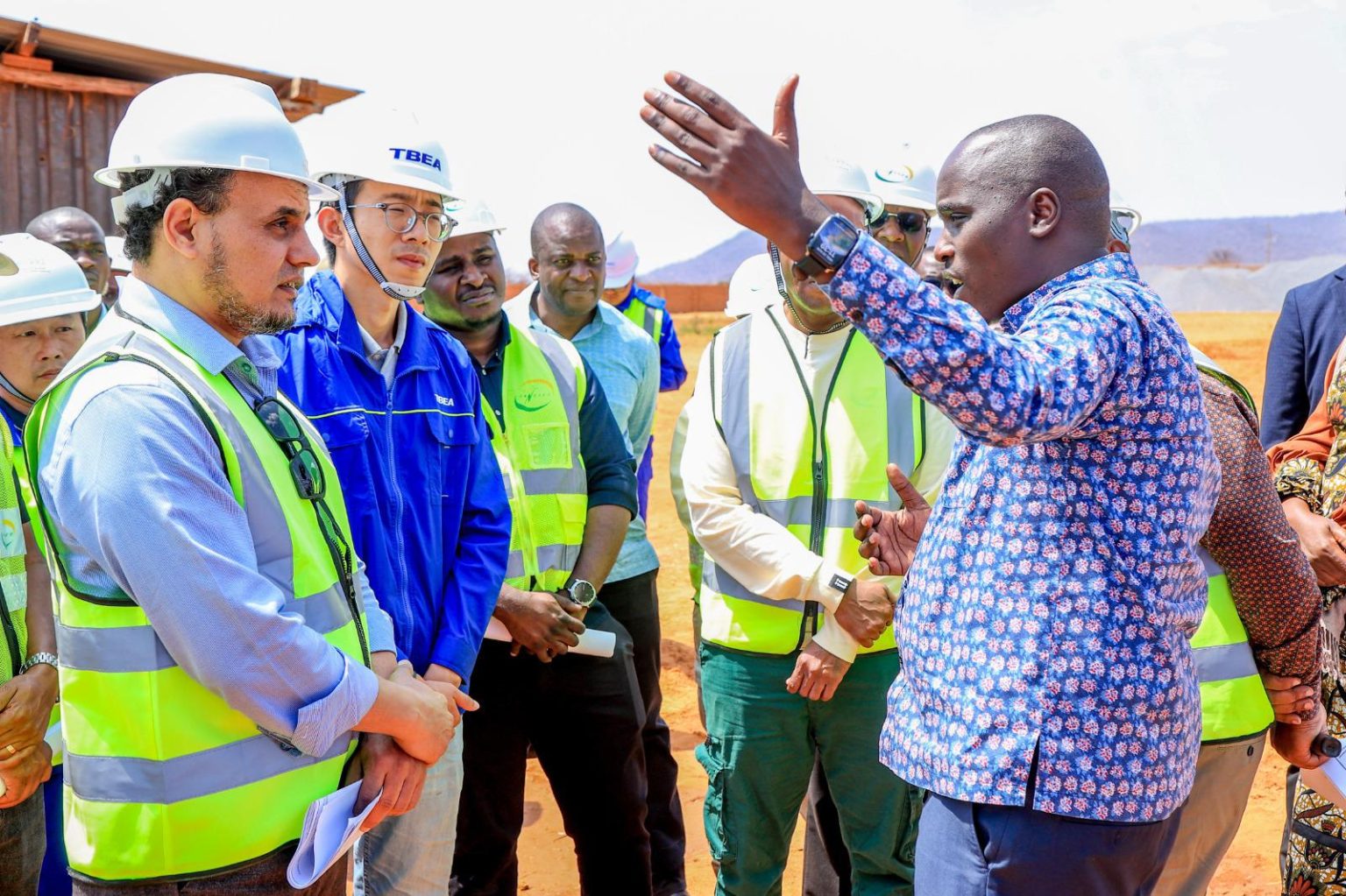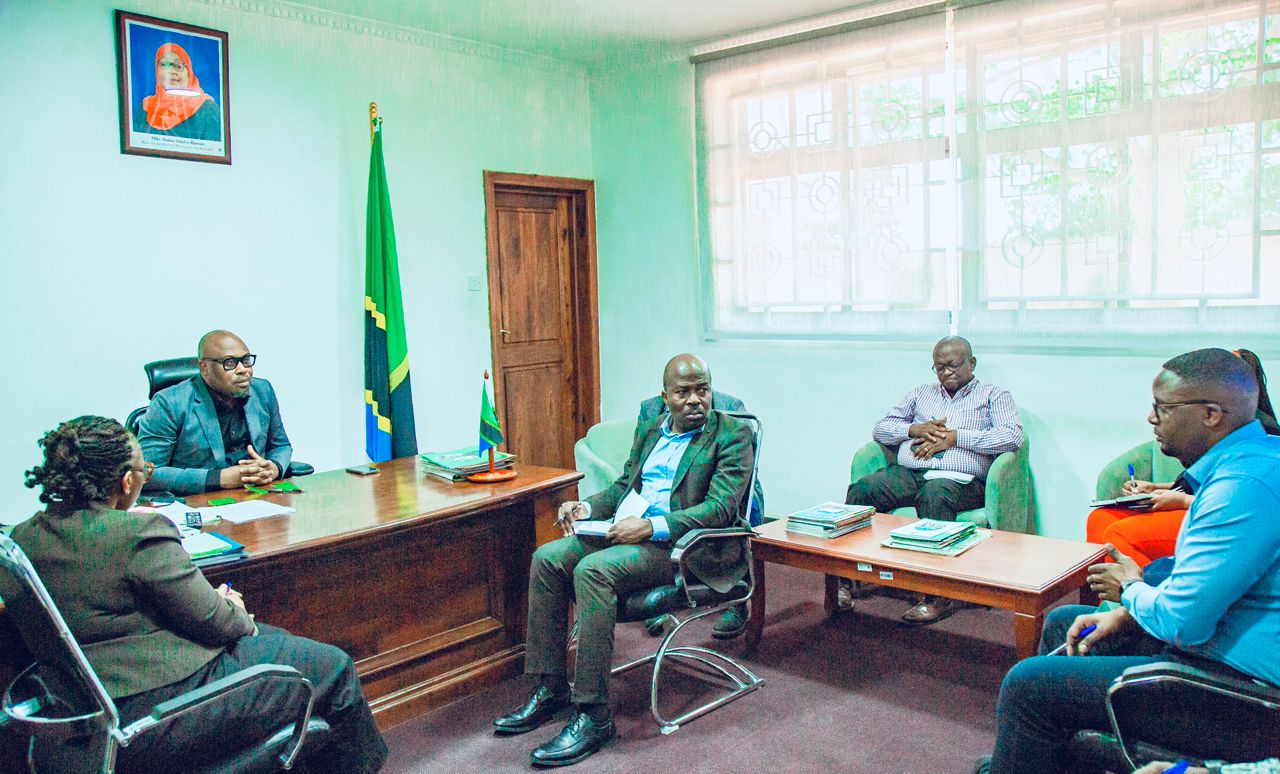Mwanza. Clean cooking energy goes beyond gas and electricity, a senior official from the Ministry of Energy has said, stressing the need for broader awareness on alternative technologies being developed locally.
The director for Clean Cooking Energy at the Ministry, Mr Nolasco Mlay, said the misconception that clean cooking refers only to liquefied petroleum gas (LPG) and electricity has to be challenged.
He pointed out that innovations such as Kuni Smart, a form of clean charcoal produced from wood residues, are equally part of the clean energy ecosystem.
Mr Mlay made the remarks on August 29, 2025, during a visit to Chabri Energy Company Limited, a factory located in Kitumba village, Kisesa Ward, Magu District in Mwanza.
The plant produces Kuni Smart, which is already in use in households, schools and prisons in the Lake Zone.
He said clean cooking energy is not only about reducing harmful emissions but also about unlocking economic opportunities for communities.
“This factory is creating jobs for young people and supporting local livelihoods. Clean cooking solutions can be a driver of investment and socio-economic transformation,” Mr Mlay said.
Chabri Energy director, Mr Bernard Makachia, said demand for the company’s products had grown significantly as awareness on Kuni Smart increased.
He explained that the firm supplies to nearly 50 schools and several prisons across the region, underscoring the potential of biomass innovations in lowering costs.
“The perception that only gas and electricity qualify as clean cooking energy is misleading. Our model demonstrates that affordable alternatives exist, and they help reduce the financial burden on households and institutions,” Mr Makachia said.
Meanwhile, Prime Minister Kassim Majaliwa has commended President Samia Suluhu Hassan for championing the uptake of clean cooking energy in Tanzania, saying the Head of State had placed the country on the global map of nations prioritising modern cooking solutions.
Speaking in Kilimanjaro on August 30, 2025, where he launched the Clean Cooking Energy Programme for the Tanzania Prisons Service at Karanga Prison, Mr Majaliwa said President Samia’s leadership had inspired momentum towards phasing out unsafe and polluting fuels.
“Unsustainable fuels pose serious health risks due to smoke and harmful emissions. The President has shown us the way, and it is important that every Tanzanian embraces this shift and encourages others to do the same,” Mr Majaliwa said.
He noted that until 2024, the Tanzania Prisons Service had been cutting hundreds of trees annually to meet its cooking needs, but the transition to clean energy was helping protect forests and reduce operating costs by more than 50 percent.
“We want 80 percent of Tanzanians to use clean cooking energy by 2034, for the benefit of their health, the environment and future generations,” the Premier said.
He further praised the Rural Energy Agency (REA) for complementing these efforts by expanding electricity access in rural and peri-urban areas while also promoting clean cooking solutions.

